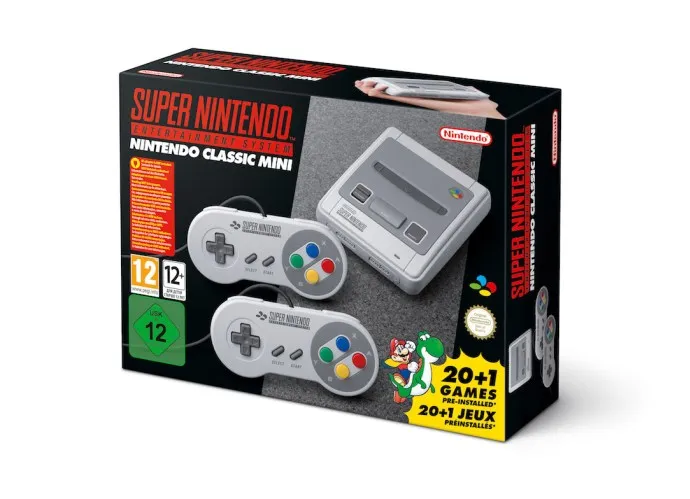Let's play a game. Who do you blame when it comes to Internet scalpers? These are people that buy stuff, knowing it is going to be rare, with the intention of reselling it later at a higher price. I am going to use the Nintendo NES Classic Mini and the upcoming Super Nintendo Classic Mini as examples here.
First, a little information on these two plug and play devices. Nintendo knows the demand is going to be high for these things. They have pre-orders available in just about every country outside the United States so they can easily judge demand projections. With this vital information in hand they still undercut production globally.
I understand, they don't want to have product sitting, unsold, on the shelves of stores (remember they had this problem with a lot of Wii games and hardware accessories). No company wants money tied up in product that is not selling so whenever possible they undercut production to create artificial demand.

A lot of fans won't get a Nintendo branded plug and play due to not having the funds (the NES Classic Mini launched on a Thursday into Friday night when most people get paid on Friday afternoon). These fans, if they truly want a unit have to pay high marked up scalper prices which further hurts their chances of getting a unit.
Scalpers are often viewed as vile creatures preying on the less fortunate. Sometimes this is true. Especially those that purchase a complete stores stock rather than one or two units, letting others that waited hours on end to get a unit or two.
Facebook was rampant with NES Classic Minis purchased in bulk by scalpers offering them up at $300+ each (and often getting that asking price due to demand).
Where do you lay the blame in this situation?